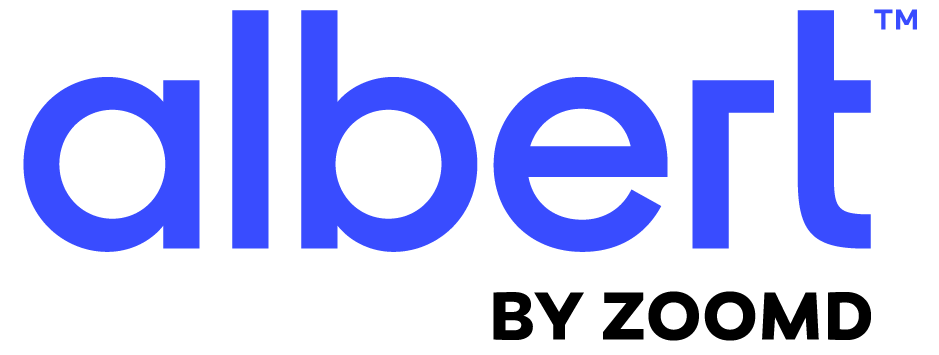AI is freeing marketers to spend more time doing the work they do best.
As adoption of artificial intelligence (AI) continues to rise across industries, marketers are already discovering that the technology is creating more opportunities for them to do the fundamental work of marketing: improving customer experience and growing their business. AI works incredibly quickly, and it’s unearthing connections and insights from raw data that would take humans weeks, months, or even years to discover. It’s also applying these insights, proving them out, and then sharing them with human colleagues to apply throughout their businesses.
But while AI is great at learning patterns, humans still do creative best. As a result, the growing role that AI plays in marketing will not just drive efficiency by automating the execution, allocation, optimization, and attribution of digital campaigns, but create demand for more creative and strategic work. In effect, this coming shift to the marketing industry will require productive collaboration between marketer and machine.
Smarter AI Will Require More Creative Content
The result of this interplay between marketers and their AI colleagues is that the implementation of AI actually requires more creativity from human marketers. As AI has become a more powerful force in modern marketing, it has already shifted many marketers’ focus from toiling in spreadsheets to designing strategies and creative material inspired by the data in those spreadsheets, then sharing transformative insights with colleagues across their businesses. In other words, it’s placing an emphasis on the high-level work that most marketers joined the field to do in the first place.
That’s largely because AI platforms will always require creative input from humans. For example, AI marketing tools like Albert can use real-time data to target consumers with creative content tailored to where they are in the funnel and what kind of buyer they are. However, they can’t do any of that without a human marketer translating business goals into terms the machine can understand and generating creative elements it can utilize in campaigns.
And because AI tools’ cross-channel orchestration capabilities facilitate many more effective contact points between consumers and brands, creative fatigue tends to occur faster. This in turn requires the exploration of multiple creative strategies and ever more approaches to fresh, engaging content.
AI Makes Reaching Users Easier
AI also garners valuable insights about the customer experience, allowing marketers to determine what customer behaviors are predictive of churn, what customer experience actions have been successful or unsuccessful, and which prospects brands should interact with to increase conversions and retention. From that information, brands can create new solutions and products to address consumer needs that they never would have otherwise realized existed.
AI Is the Future of Creative Marketing
AI technology is inspiring marketers with the power to execute and manage customer experience at a scale that was previously impossible. As a result, the demand for innovation and creativity from humans will continue to increase. Luckily, creativity and making connections is something humans excel at. With AI as our data and orchestration partners, it looks like marketers are ready to meet the challenge of today’s empowered consumer.


